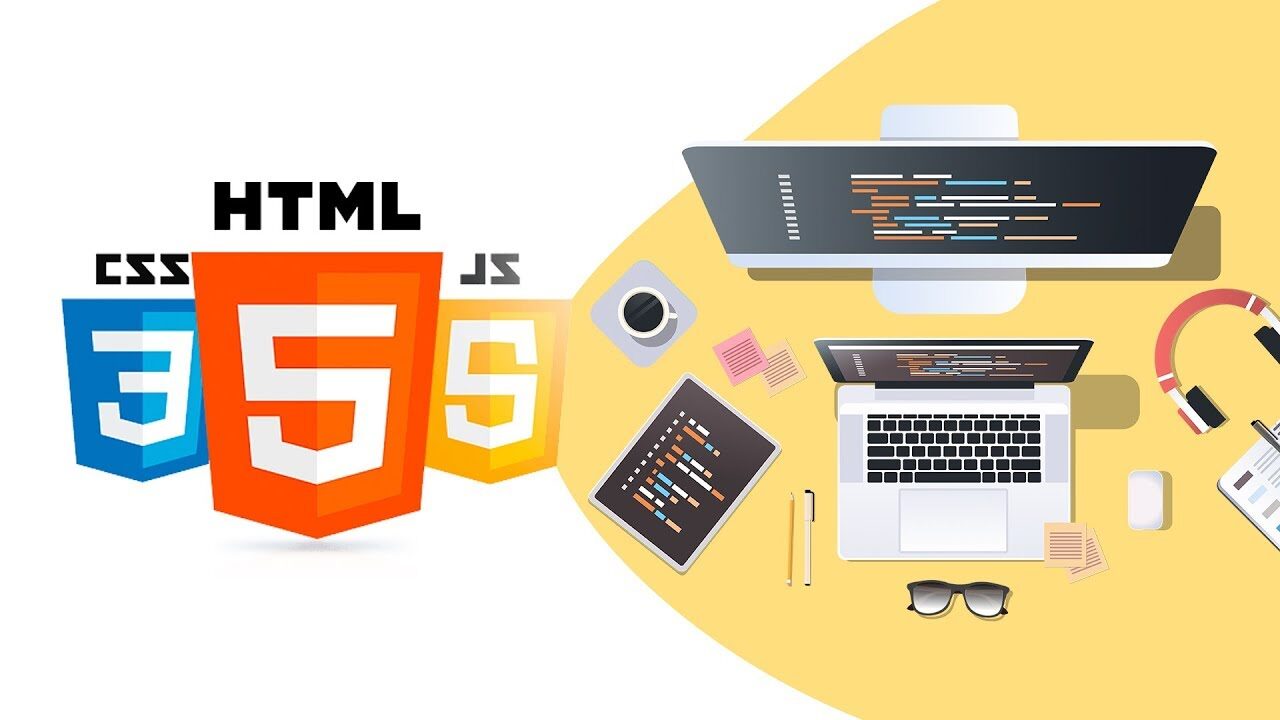In today’s digital era, coding is an invaluable skill. It opens doors to numerous career opportunities, from web development to data analysis and beyond. But what if you have no experience? Can you still become a proficient programmer? Absolutely. This guide will show you how to embark on your programming journey, even if you’re starting from scratch.
Why Learn to Code?
Coding is the foundation of the tech industry. It empowers you to create websites, develop applications, automate tasks, and analyze data. Learning to code can significantly boost your career prospects, increase your earning potential, and provide you with the tools to turn your ideas into reality.

Step 1: Understand the Basics
What is Programming?
Programming is the process of writing instructions that a computer can execute. These instructions, or code, are written in various programming languages. Each language has its own syntax and use cases.
Choosing the Right Language
For beginners, choosing the right programming language is crucial. Some of the most popular languages for beginners include:
- Python Programming: Known for its simplicity and readability, Python is an excellent choice for beginners.
- JavaScript Programming: Essential for web development, JavaScript allows you to create interactive websites.
- HTML and CSS: While not programming languages per se, they are fundamental for web development.
Step 2: Enroll in Programming Courses
Enrolling in structured programming courses can provide a solid foundation. Many online platforms offer courses designed specifically for beginners.
- Codecademy: Offers interactive courses in various programming languages, including Python and JavaScript.
- Coursera: Partners with top universities to provide comprehensive courses, including programming for beginners.
- edX: Provides university-level courses on a range of programming languages.
Step 3: Use Coding Tutorials
Coding tutorials are a great way to learn by doing. They provide step-by-step instructions on writing code and solving problems.
- freeCodeCamp: Offers a free, interactive curriculum that covers HTML, CSS, JavaScript, and more.
- Khan Academy: Provides beginner-friendly coding tutorials in JavaScript and HTML/CSS.
Step 4: Practice Regularly
Consistent practice is key to becoming proficient in coding. Set aside time each day to write code, solve problems, and build projects.
- LeetCode: Offers coding challenges that help you improve your problem-solving skills.
- HackerRank: Provides a variety of coding problems to practice and improve your coding skills.
Step 5: Join a Coding Bootcamp
Coding bootcamps are intensive, short-term training programs designed to teach you how to code and prepare you for a career in tech. They often include hands-on projects and career support.
- General Assembly: Offers bootcamps in web development, data science, and more.
- Flatiron School: Provides bootcamps in software engineering, data science, and cybersecurity.
Step 6: Build Projects
Building real-world projects is one of the best ways to apply what you’ve learned. Start with small projects and gradually take on more complex ones.
- Portfolio Website: Create a personal website to showcase your skills and projects.
- Simple Web Applications: Build applications like a to-do list, calculator, or weather app.
Step 7: Seek Feedback and Improve
Join online communities to seek feedback on your code, ask questions, and learn from others.
- Stack Overflow: A community of developers where you can ask questions and share knowledge.
- GitHub: A platform for hosting and sharing code, collaborating on projects, and receiving feedback from other developers.
Step 8: Explore Advanced Topics
Once you have a good grasp of the basics, start exploring advanced programming concepts.
- Data Structures and Algorithms: Essential for writing efficient code and performing well in technical interviews.
- Web Development Frameworks: Learn frameworks like React (JavaScript) or Django (Python) to build more robust web applications.
Step 9: Get Certified
Obtaining a programming certification can validate your skills and enhance your resume. Many online platforms offer certifications upon course completion.
- Coursera: Offers certifications from top universities and institutions.
- edX: Provides certifications from universities like Harvard and MIT.
Step 10: Never Stop Learning
The tech industry is constantly evolving, so continuous learning is crucial. Stay updated with the latest trends, technologies, and best practices.
- Follow Tech Blogs: Read blogs like TechCrunch, Hacker News, and Medium to stay informed.
- Attend Meetups and Conferences: Join local meetups and attend conferences to network and learn from other professionals.

Final Thoughts
Becoming a programmer from scratch is a challenging but rewarding journey. With the right resources, consistent practice, and a growth mindset, you can develop the skills needed to succeed in the tech industry. Whether you’re interested in web development, data science, or software engineering, there are plenty of programming resources available to help you achieve your goals. Start your coding journey today and unlock a world of opportunities.



